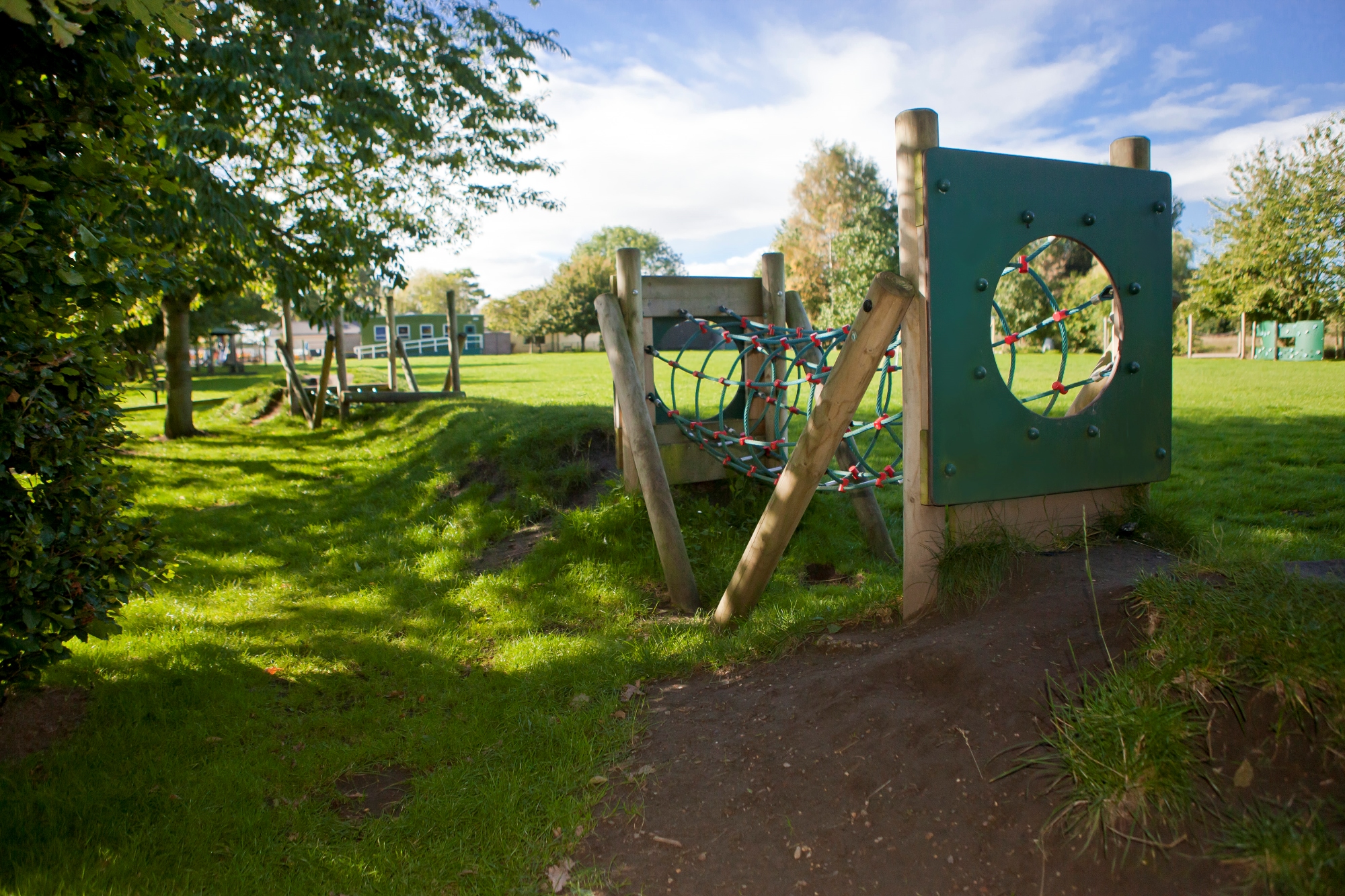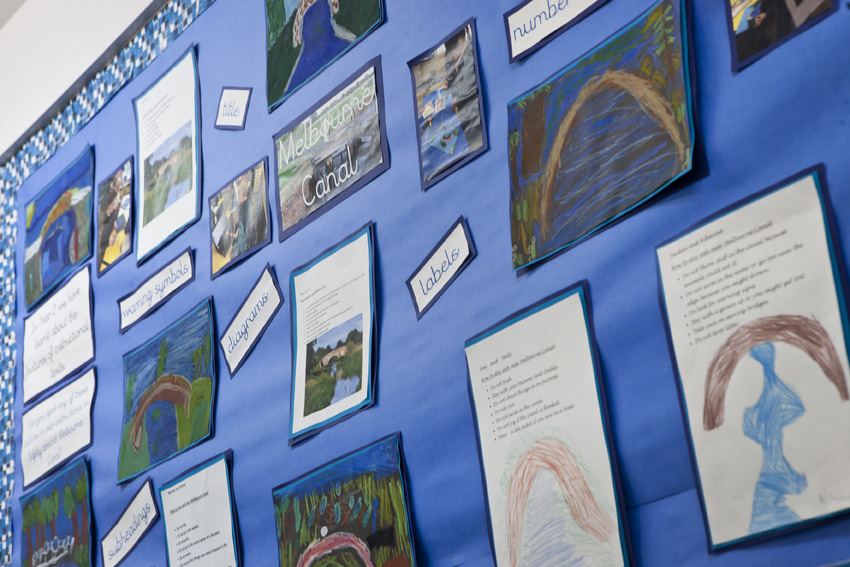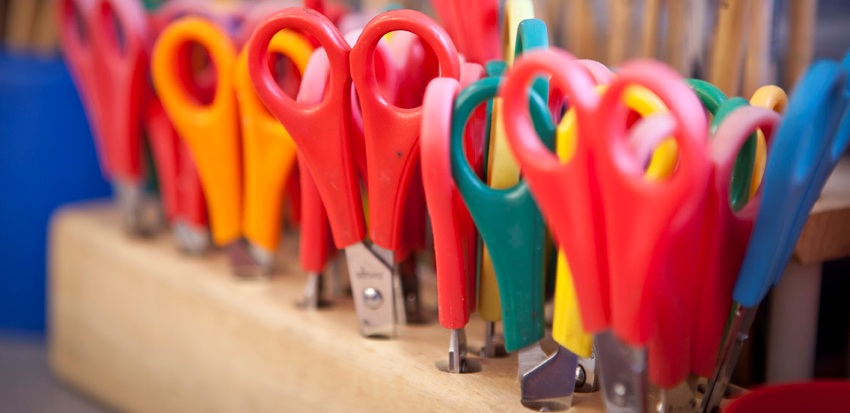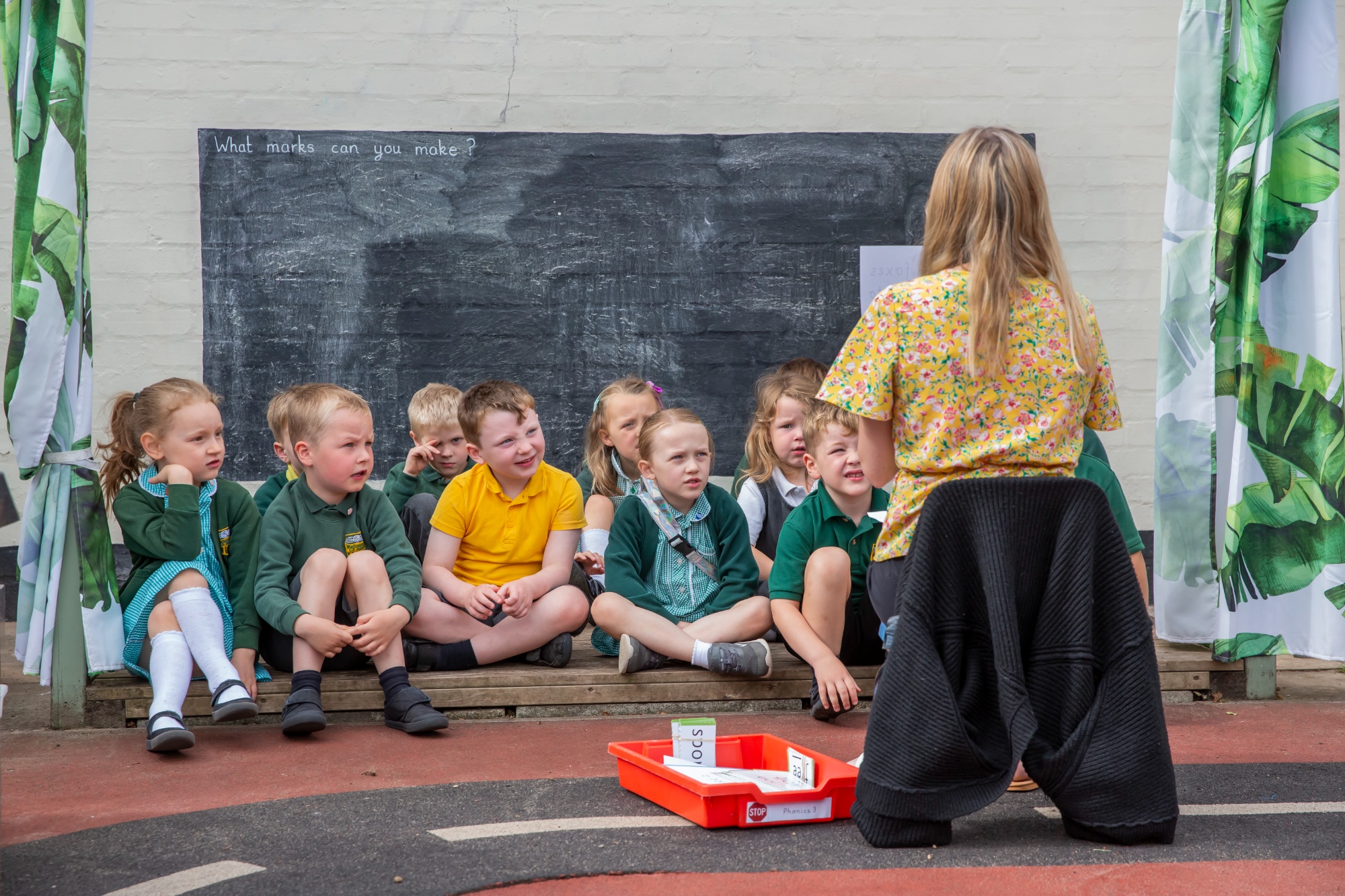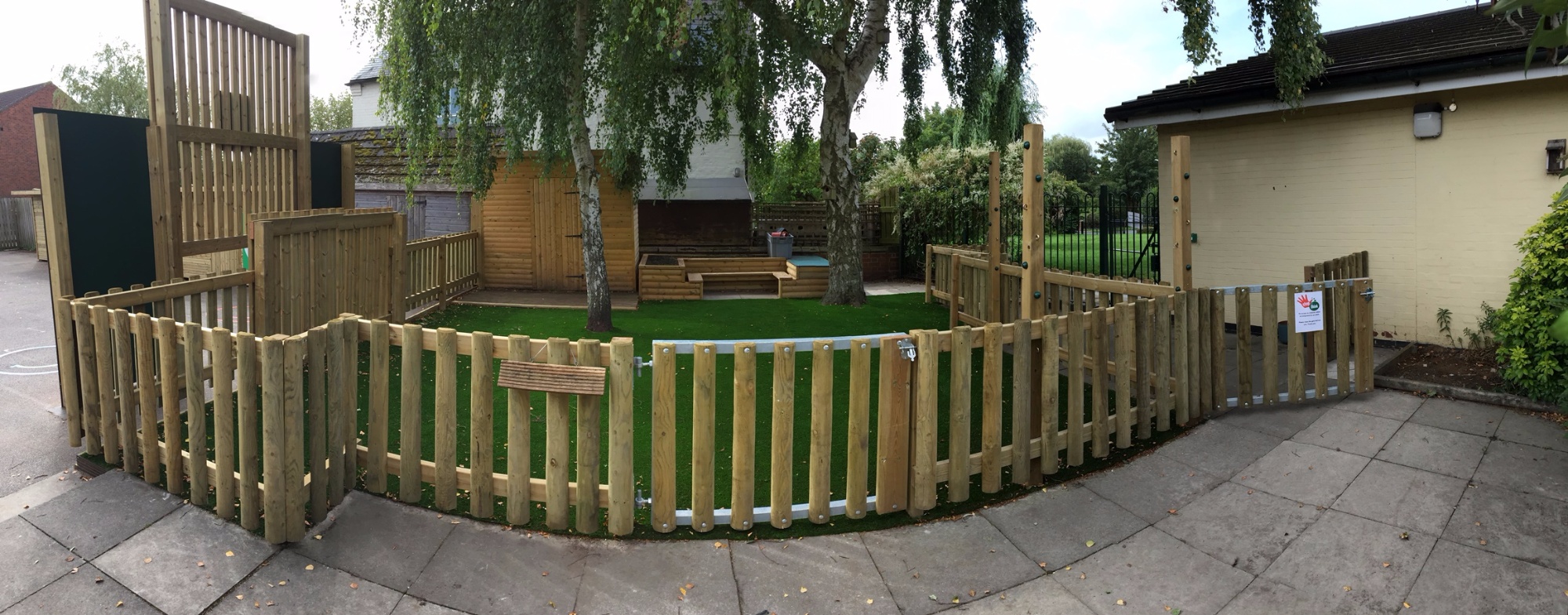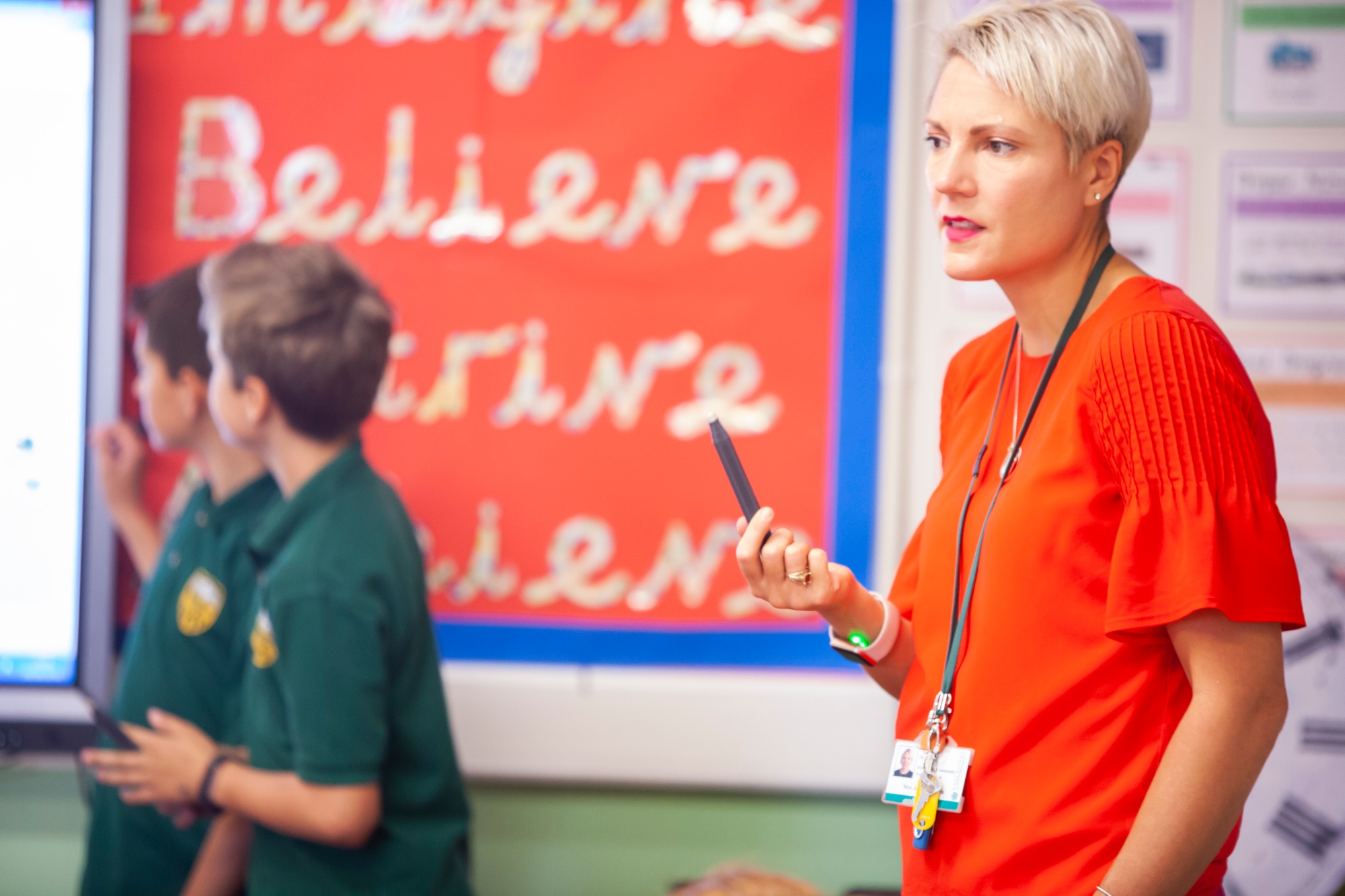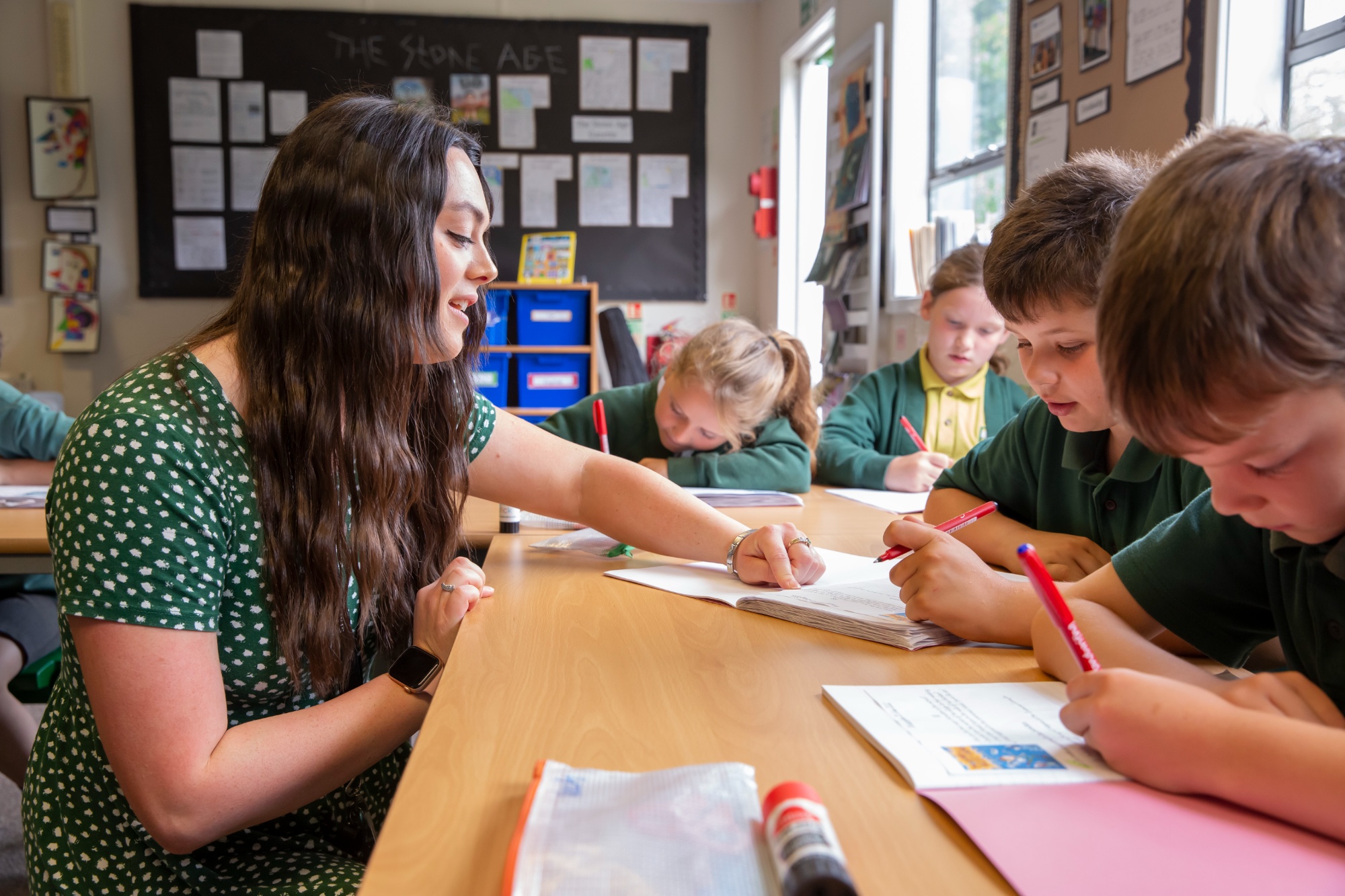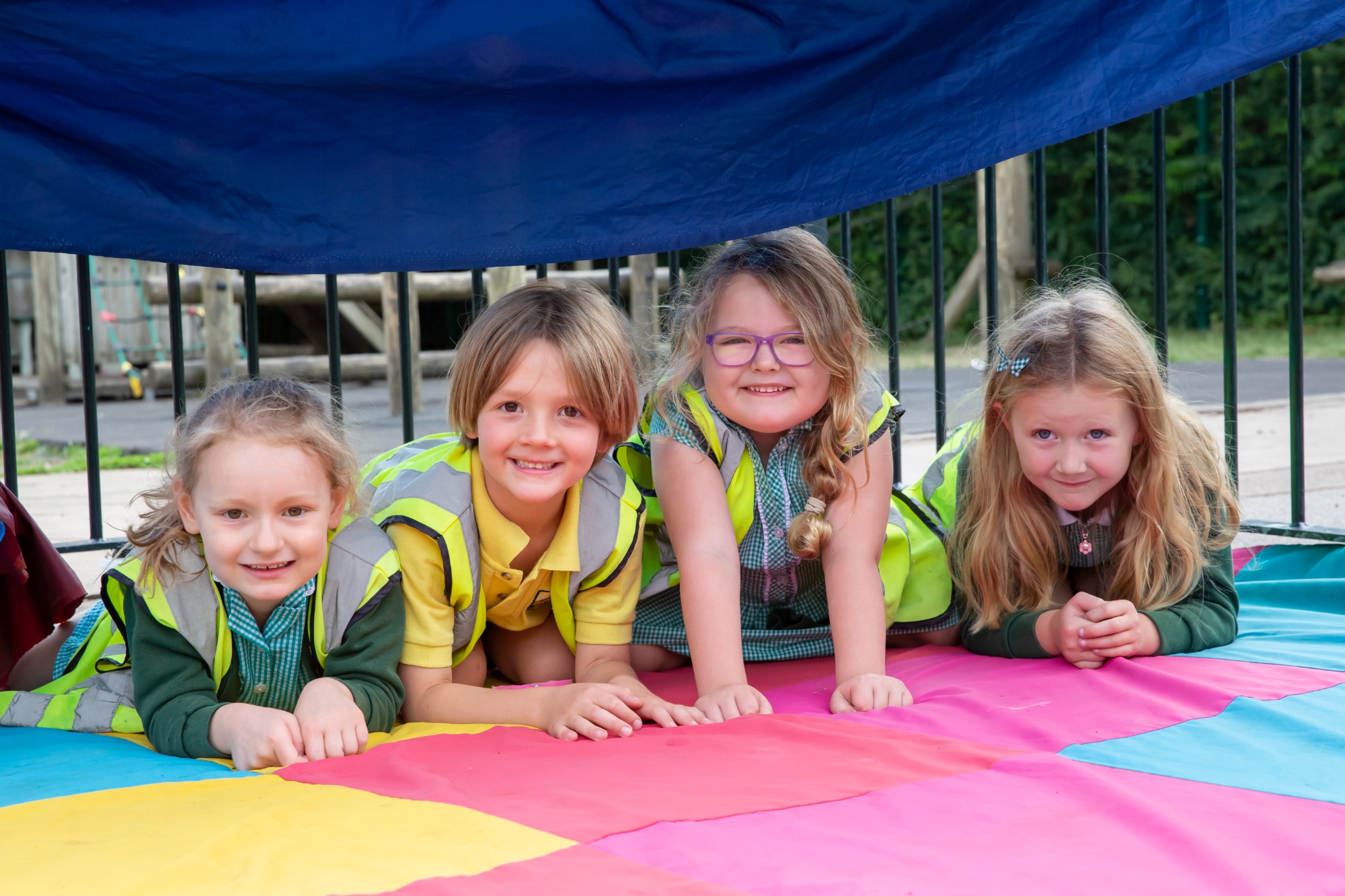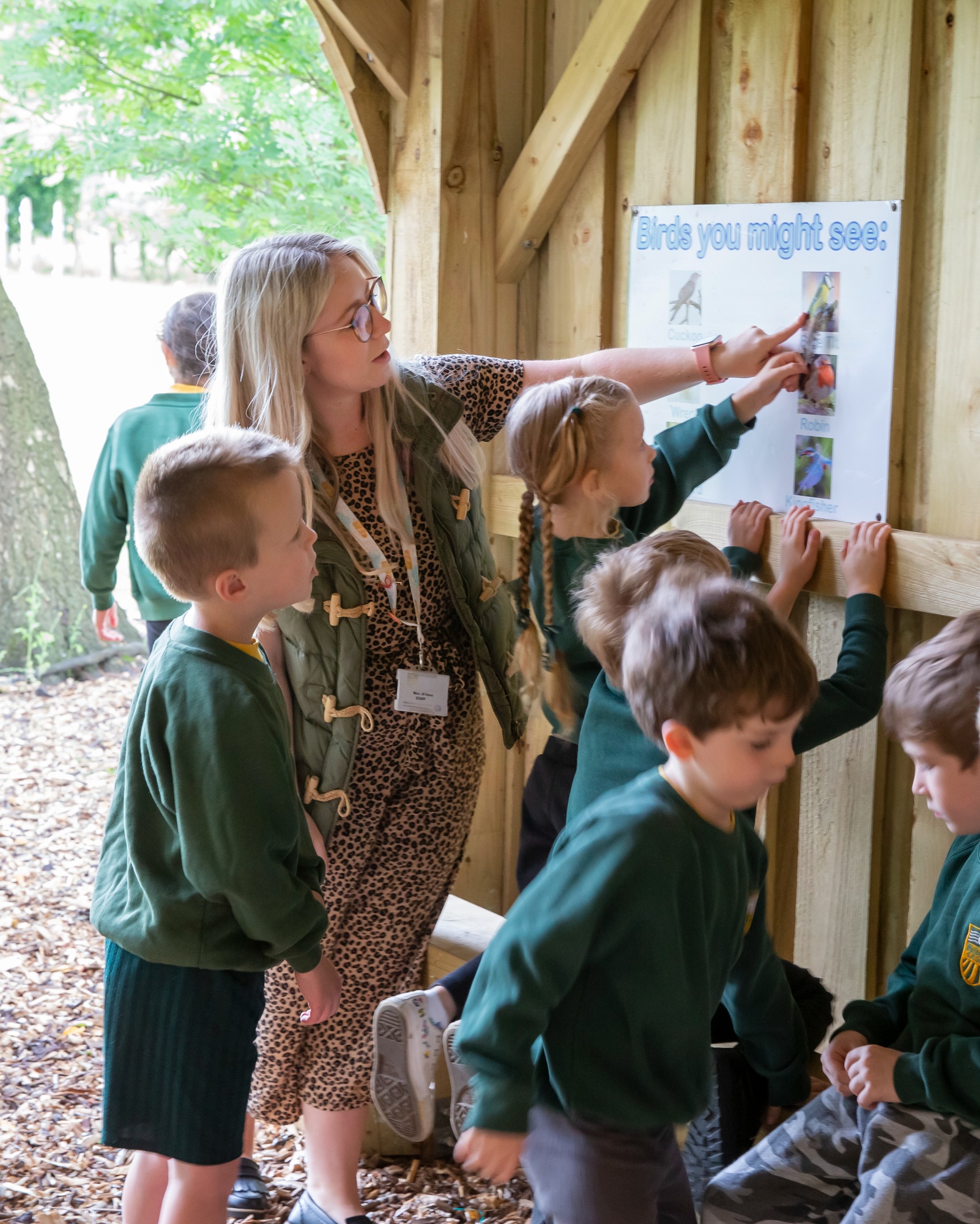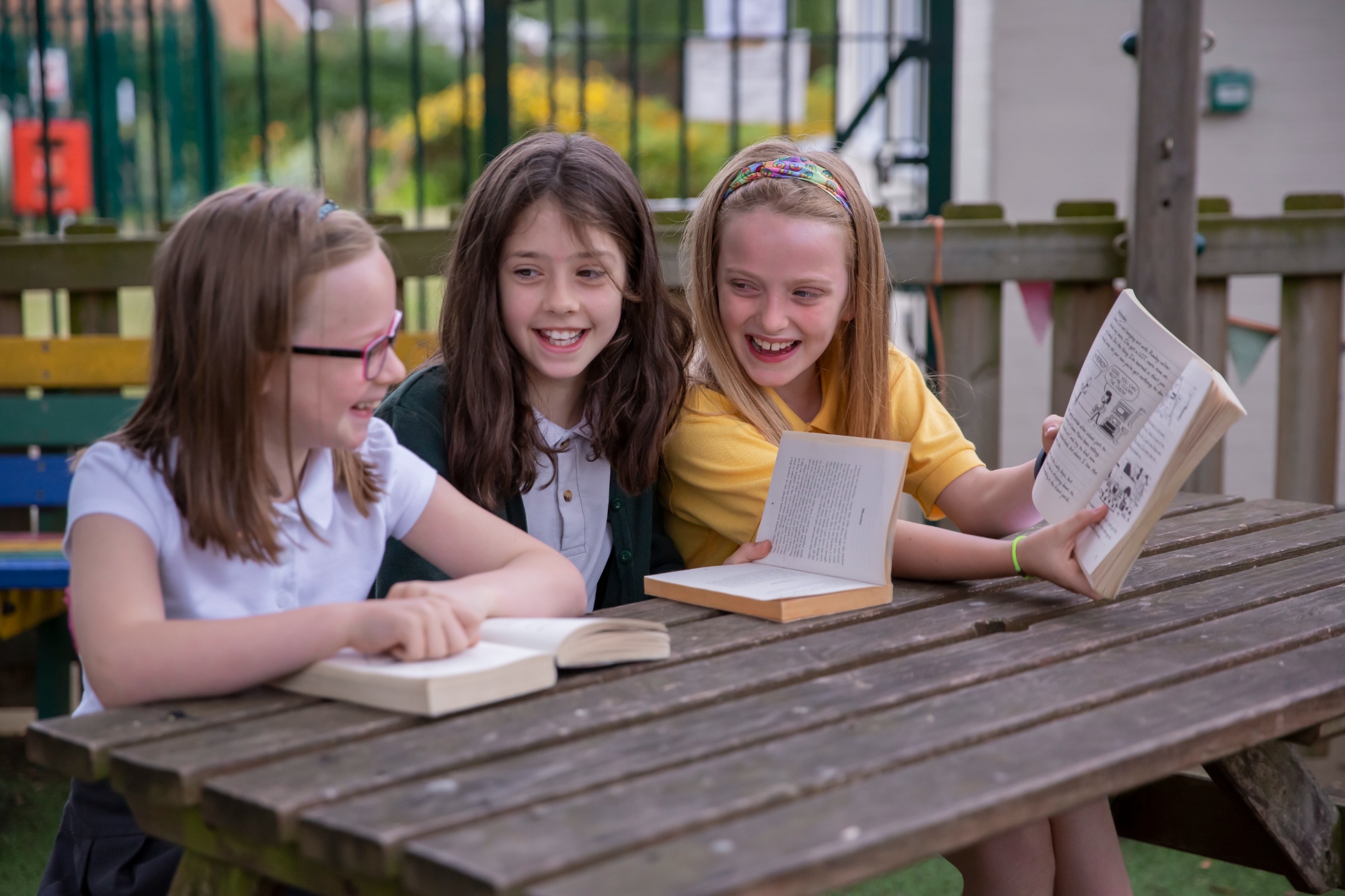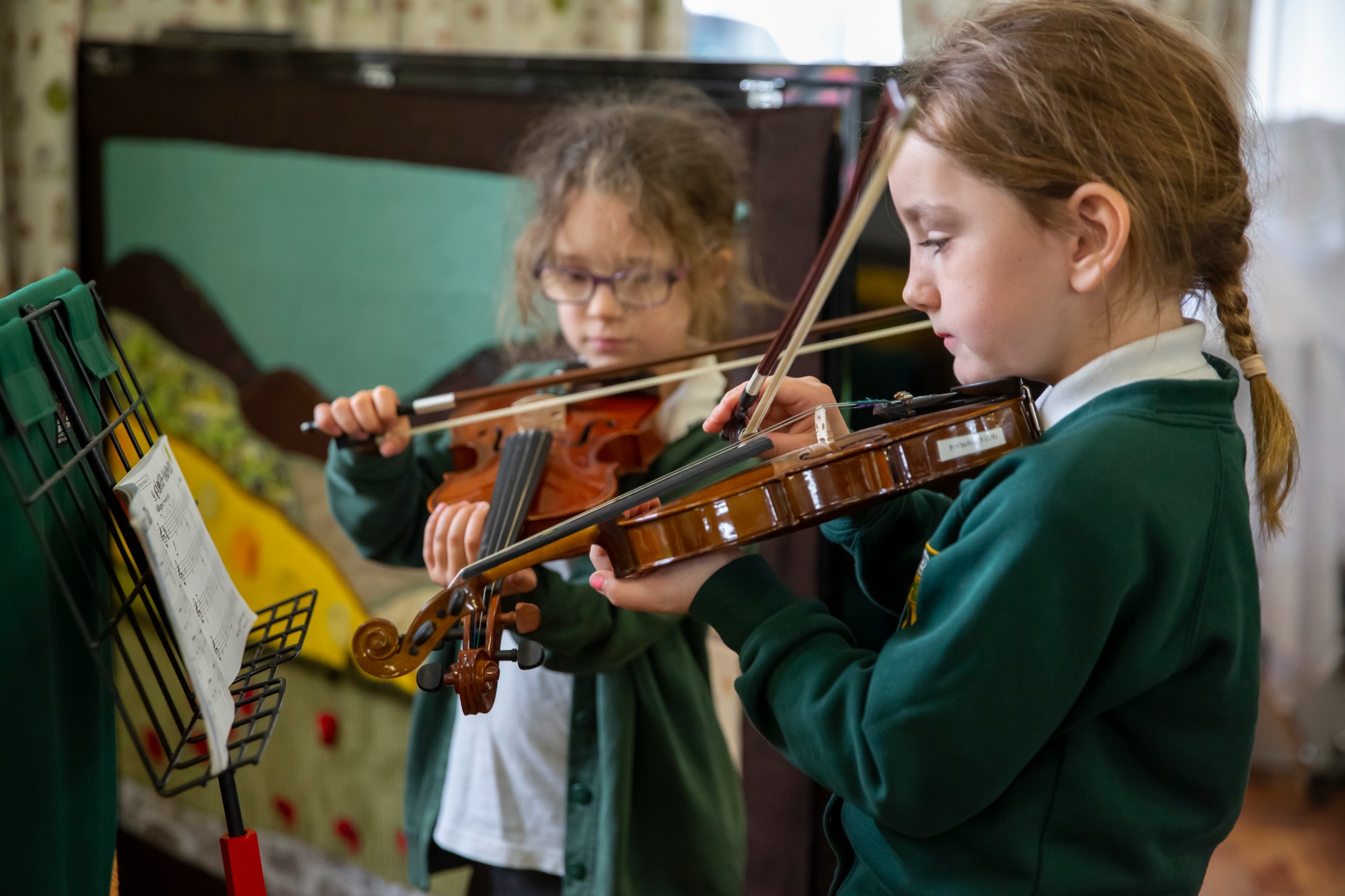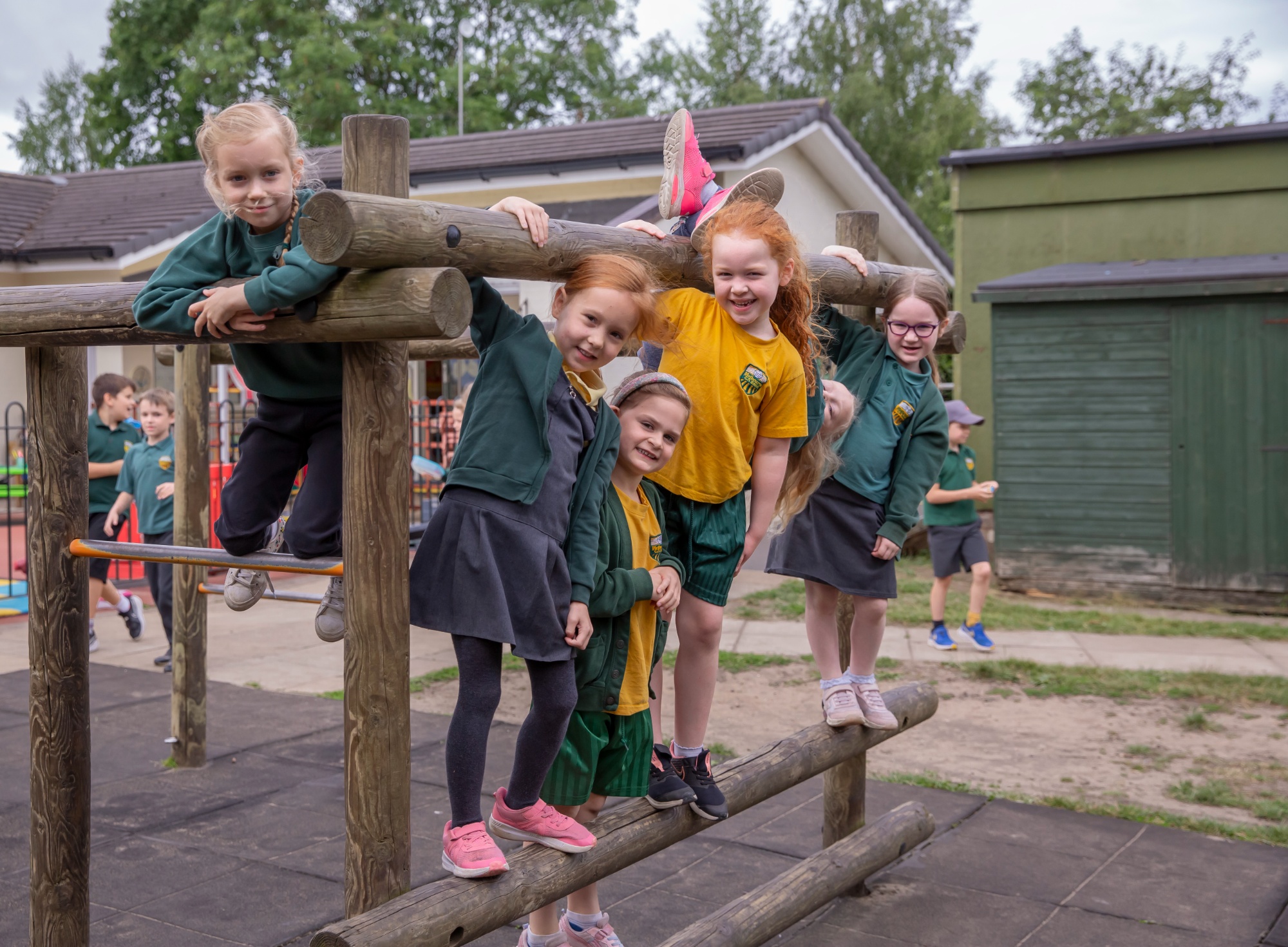HISTORY
The History subject leader is Molly Howe
The more you know about the past, the better prepared you are for the future- Theodore Roosevelt
Our vision
History allows pupils to explore the past – and understand how changing accounts of that past have shaped us. Through history, children will come to understand their place in the world and appreciate the striking similarities and differences in human experiences across time and place.
History also shows pupils how historians work – how they critically examine evidence, look at different sides of complex arguments, and learn how to test and appreciate new knowledge they learn about the past. We place great value on both subject knowledge and skills as a basis for developing competence, understanding, and appreciation.
Our curriculum
At Wonder schools we organise History in cycles that pair Year 1 and 2, Year 3 and 4, and Year 5 and 6 together. This approach is designed to create a well-structured and cohesive educational journey for your children.
EYFS
In the early stages of their education, children in our program begin by recognising both the commonalities and distinctions that connect them with others, establishing a sense of identity within their immediate family and relationships, and engaging in imaginative play rooted in their family and cultural backgrounds. They progress to participating in family customs and routines, sharing personal experiences, acknowledging significant life events, and showing curiosity about various lifestyles. This developmental journey further leads them to embrace diversity, acknowledge differences in preferences among peers, and gain awareness of the broader world's cultural variations and traditions.
Upon entering reception, the curriculum continues to foster their growth as they discuss the roles of individuals in society, discern similarities and disparities between the past and present based on personal experiences and class readings, and comprehend history through literary encounters, both in class materials and storytelling.
Key Stage 1
In Cycle A, your child will begin the autumn term with the "Childhood" project. This project is a builds on their own experiences, including family history and recent events within their own lifetime to explore the concept of chronology. During the summer term, your child will delve into the "School Days" project, which will not only teach them about the history of their school but also allow them to compare schooling in the Victorian period.
In Cycle B, during the autumn term, the year begins with the "Movers and Shakers" project. Here, they will explore the concept of significance and learn about influential figures who have shaped history. In the summer term, they will embark on the "Magnificent Monarchs" project, which sets the stage for more complex historical topics in Key Stage 2 by introducing them to the themes of power and monarchy.
Lower Key Stage 2
In Cycle A, your child will begin the "Through the Ages" project during the autumn term. This topic explores the chronology of British history, from the Stone Age to the Iron Age, teaching them about the significance of prehistoric periods and the changes in Britain during these times. In the summer term, they will continue their historical journey with the "Emperors and Empires" project, learning about the Roman Empire's invasion of Britain and the subsequent Romanization of the island.
Cycle B explores British history in the "Invasion" project during the autumn term. They'll discover the Roman withdrawal, the Anglo-Saxon and Viking invasions, and reach the pivotal year 1066, aligning perfectly with the national curriculum's guidelines. In the summer term, they'll begin their exploration of ancient history with the "Ancient Civilisations" project, delving into the achievements of early civilizations such as ancient Sumer, the Indus Valley civilization, and ancient Egypt.
Upper Key Stage 2
As your child progresses to Upper Key Stage 2, Cycle A will let them continue their journey into ancient civilizations with an in-depth analysis of ancient China in the "Dynamic Dynasties" project during the autumn term. Here, they will study the significance and influence of ancient China, including its advancements in the written word, technology, and metalwork. In the summer term, they'll continue their exploration of the ancient world with the "Groundbreaking Greeks" project, exploring life in ancient Greece and examining its profound influence on the Western world.
Cycle B introduces historical topics relating to conflict and power in the "Maafa" project during the autumn term. Your child will delve into issues such as enslavement, colonialism, and power, exploring various African kingdoms, including the Kingdom of Benin, and studying Britain's role in the development, perpetuation, and abolition of the slave trade. Finally, in the summer term of cycle B, your child will complete their historical studies with the "Britain at War" project, providing insights into the role of war in Britain's history since 1066, with a particular focus on the First and Second World Wars as pivotal turning points in British history.
We are committed to providing a rich and engaging learning experience and so as children move through the curriculum we offer opportunities such as visits of historical sites, uses of virtual reality, and visiting speakers to bring each time period to life.
Why do we sequence the curriculum in this way?
The curriculum is planned in this way to develop pupils’ chronological knowledge in order to build their ‘mental timeline.’ While our A and B cycles means that there is some change in the order that children encounter periods, there is a chronology between lower and upper Key Stage 2 and each cycle addresses aspects of history that stand alone – either due to their chronology or their location.
For example, cycle A of Upper Key Stage 2 focuses on World history through Ancient China and Ancient Greece and cycle B looks at Maafa history and the second world war, focusing on oppression and conflict in the last three centuries.
This chronological approach ensure children develop:
- broad characterisations of particular periods
- understanding of general features of periods
- knowledge of the chronological order of broad periods
- knowledge of particular dates and events
- knowledge of broad developments, links or themes across periods
By taking chronological knowledge into consideration, we ensure our pupils knowledge is connected and complete.
Our teaching:
Through our curriculum planning we aim to build as rich a knowledge of history for pupils as possible by balancing the breadth and depth of history they encounter.
By carefully sequencing and returning to key information and knowledge , we aim to ensure it is secure and well-organised in pupils’ minds. This way, each unit we cover leaves a ‘residue’ of wider knowledge, such as a broad knowledge of the institutions of a period. This helps pupils over time to develop knowledge of key concepts or chronological knowledge. This knowledge will help them to become effective historians.
Pupils make progress in history by developing:
- their knowledge about the past (this knowledge is often described as ‘substantive knowledge’)
- their knowledge about how historians investigate the past, and how they construct historical claims, arguments and accounts (often described as ‘disciplinary knowledge’)
Using a combination of substantive and disciplinary knowledge gives pupils the skill to construct historical arguments or analyse sources. It helps them to solve problems as well as consider critically, for example, which historical sources may be more accurate or reliable.
The substantive knowledge that children will learn will be helpful in a range of contexts across their studies in history. For example, some knowledge might be particularly important for what pupils are learning in their current topic or lesson and be of particular use in examining a specific moment of time.
In particular, concepts feature regularly throughout the study of history in a range of contexts. A pupil might come across the terms such as ‘monarchy’ or ‘empire’ in different contexts at Wonder. This will allow them to draw on their secure knowledge of these concepts repeatedly in a number of different contexts and use this knowledge effectively.
Disciplinary knowledge is knowledge of how historians work to investigate the past, and how they build and evaluate historical claims, arguments and accounts. Developing pupils’ disciplinary knowledge is done alongside their study of the past. At Wonder, disciplinary concepts are carefully sequenced so they are taught alongside topics where these skills can be shown explicitly and they are systematically revisited across their time with us. These concepts include:
- cause and consequence
- change and continuity
- similarity and difference
- historical significance
- sources and evidence
- historical interpretations
A careful combination of substantive knowledge and disciplinary knowledge lies at the heart of the curriculum at Wonder.
